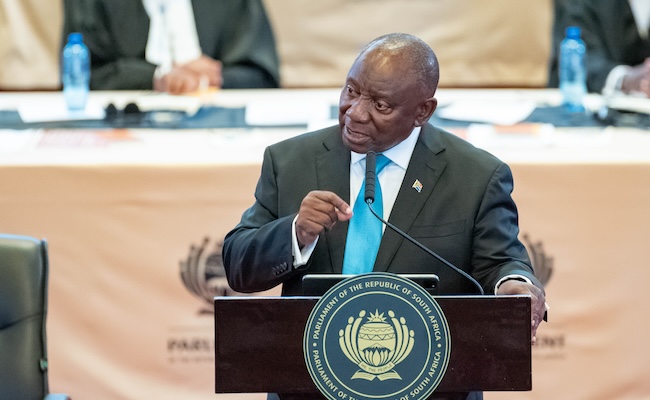The recent surge in commodity prices has proven to be a significant demand driver for South African equities, both at the retail and institutional level. However, access to the local market at times is more constrained than in other jurisdictions, whether due to technology, data availability or integration with existing infrastructure.
With higher total transaction volumes recognised as driving more interest in a market while also leading to fairer, and typically higher, valuations, institutional service providers are a key part of fostering further demand.
This means that liquidity providers must innovate with haste to remove every possible obstacle when it comes to ensuring these assets are tradable.
Increased digitisation and, with it, innovation in the financial services arena has meant that there is now smarter access to market solutions, while modern technology means there’s no longer any need to have multiple accounts to access multiple asset classes. Furthermore, the infrastructure now exists to bridge this gap.
One approach to take advantage of innovation is by integrating with a trading and risk management system such as Iress.
As an industry-standard for providing access to a huge array of markets over a single connection, users of Iress can obtain liquidity for multiple instrument types across hundreds of markets, all over a single market connection. As well as convenience, that also means lower latency transactions, higher fill rates, better pricing and better fund performance.
Not only can Iress be used to gain exposure to South African equities, both on an underlying or OTC basis, but it also offers access to the global tradable universe of more than 40,000 diverse assets.
Local banking relationships, a global presence and understanding how linking those two components together can make life easier for a market participant. By enabling access to assets in multiple currencies using funds lodged in a rand-denominated account, offshore investing is possible without the administrative burden of central bank reporting.
Further, because there’s only one relationship to maintain and one currency to consider, this helps with consolidated reporting and risk management, while additional benefits in terms of cross-margining allow those managing funds a far greater level of flexibility, especially in terms of hedging market exposures.
Interest in South Africa as a global market venue is without doubt surging, both in terms of primary and secondary issuance, but sustaining this momentum is key. Globally, attitudes are changing and there’s no longer that drive to move listings to Paris, London or New York in order to succeed.
I would urge local investors to ride this wave with haste, regardless of where they are based.
Without doubt, the country has the infrastructure and the talent necessary to reinvigorate not only volumes on the national equity market, but also to drive meaningful growth in the financial services sector as a whole.
Kearabilwe Nonyana is the head of Scope Prime Africa.
About Scope Prime
Scope Prime has been offering a range of liquidity services to banks, brokerages and funds in the South African market since 2022. Supported by an FSCA issued ODP licence, the company has positioned itself as a trusted partner at the forefront of the market access agenda and by consequence is now a key part of the cohort of institutions who are facilitating this improved local liquidity.
Top image: DC Studio on Freepik.com.
Sign up to Currency’s weekly newsletters to receive your own bulletin of weekday news and weekend treats. Register here.













